Imagining America Anew: Ethnic Studies at UC Davis
Exhibit Details
It may appear today as if UC Davis offers Ethnic Studies programs in the effort to match coursework with personal forms of identification. The social movement to establish Ethnic Studies on campus, however, was much more than a campaign to diversify educational options. The history of these programs at UC Davis reveals a student-led commitment to change the university, to make it more accountable to the lives of Californians and better equipped to realize its mission to serve society.
The field of Ethnic Studies is concerned with the examination of the social, cultural, and material conditions that contribute to, and arise from, ethnic associations and formations. The demand for education and scholarship on understudied ethnic groups arose out of student and faculty demands to make the University more accountable to historical conditions, and the lives of contemporary people.
The intervention Ethnic Studies has made into our understanding of the social life and culture of the United States constitutes as kind of second-order Enlightenment, one that has forever altered the euro-centric scholasticism that once dominated the humanities and social sciences. UC Davis’s African and African American Studies, Asian American Studies, Chicana/o Studies, and Native American Studies departments, as well as other contemporary interventions, such as the Gender, Sexuality and Women and Studies, Middle East and South Asian Studies, and emergence fields, such as Disability Studies, make three-fold contributions to our campus: they provide cutting-edge education and research, they serve as dynamic incubators for theoretical and methodological innovations that reinvigorate the social sciences, humanities, and arts, and they help to develop a capacity for critical reflection on the social and community effects of academic research.
This exhibit, which was staged in the conjunction with the Imaging America National Conference in 2017, provided viewers with an opportunity to revisit how this invention took shape at UC Davis. It drew on historical documents to show how the Ethnic Studies movement, itself a part of a global social justice movement aimed at combating imperialism and racism, vitalized UC Davis Land Grant mission and commitment to community engaged scholarship.
This exhibit was curated by Social and Cultural Studies Librarian, David Michalski, with support from Special Collections, and UC Davis Chicana/o Studies Librarian, Roberto C. Delgadillo.
Community Engaged Scholarship and the Land Grant Tradition
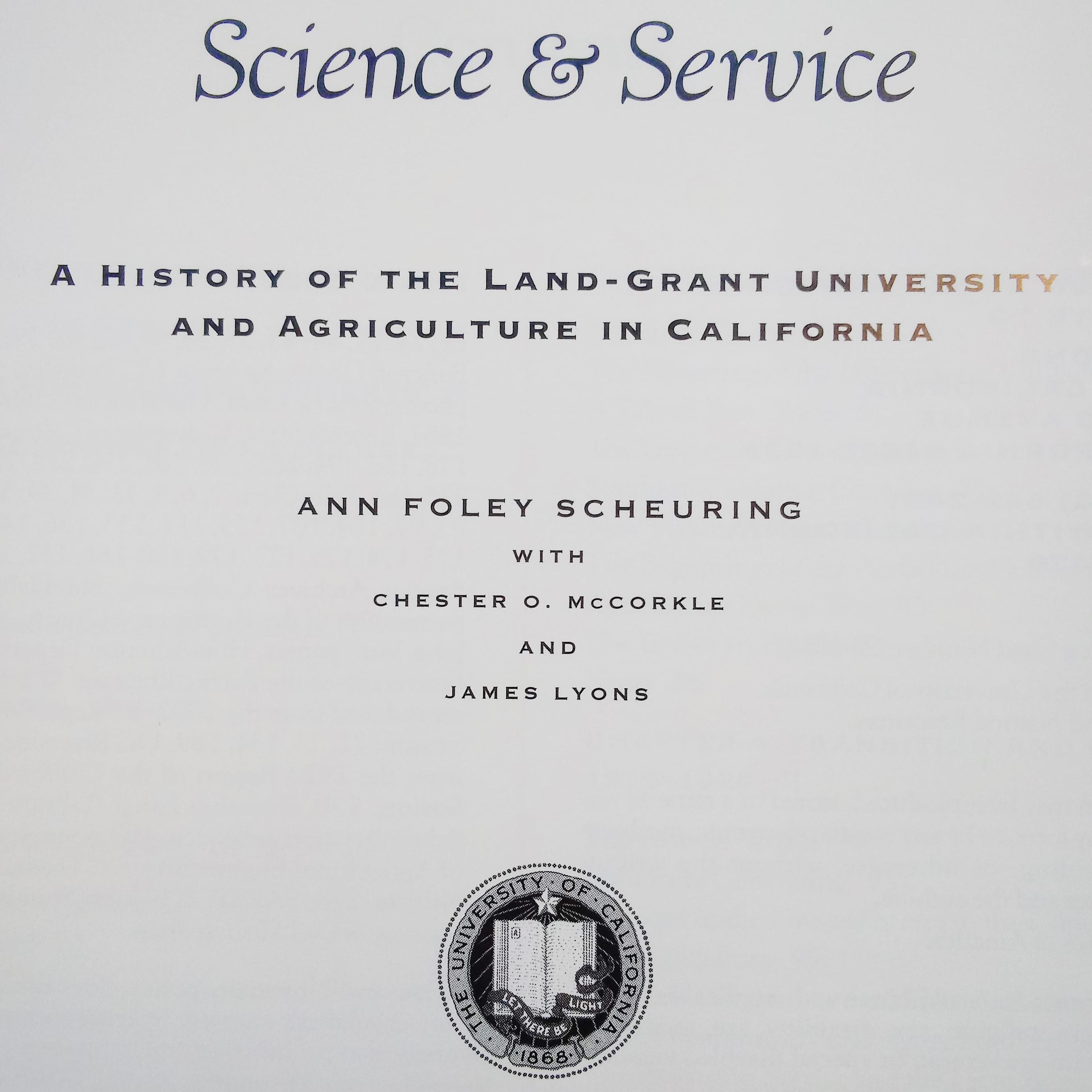
The UC Davis Land Grant tradition guides the broad purpose of a university: to serve the people. This commitment has not only required the University to develop science, knowledge, and technology in the service society, but to engage in studies of the people and society the University endeavored to serve. In the Agricultural Sciences, this commitment led to the development of programs to promote advances in agricultural education, home economics, nutrition, design, and community studies. In the 1960s these programs were grouped under the banner of the Applied Behavioral Sciences department.
Crisis of Purpose

In the 1960s, the commitment to serve the people of the California was thrown into crisis as the university began to reckon with the social fallout related to UC Davis’ role in the invention of the mechanized tomato harvester. This groundbreaking labor-saving device contributed to high levels of rural unemployment and social hardship. If the University was to be accountable to the people, many argued, it would be necessary for the University to study ways of solving social problems related to technological advances. Agricultural education, once primarily concerned with raising productivity, began to take a more holistic look at the communities it aimed to serve.
Professor Isao Fujimoto, began teaching in the department of Applied Behavioral Sciences in 1967, introducing courses such as “Scientific Bias and Social Myth” which sought to investigate the nature of evidence in public and academic communities, and the fit between University education and issues of society.
Professor Fujimoto would go on to help establish the Asian American Studies department. Here is being interviewed by fellow Community Development professor, James Grieshop in 2009.
Who Speaks for the Community?
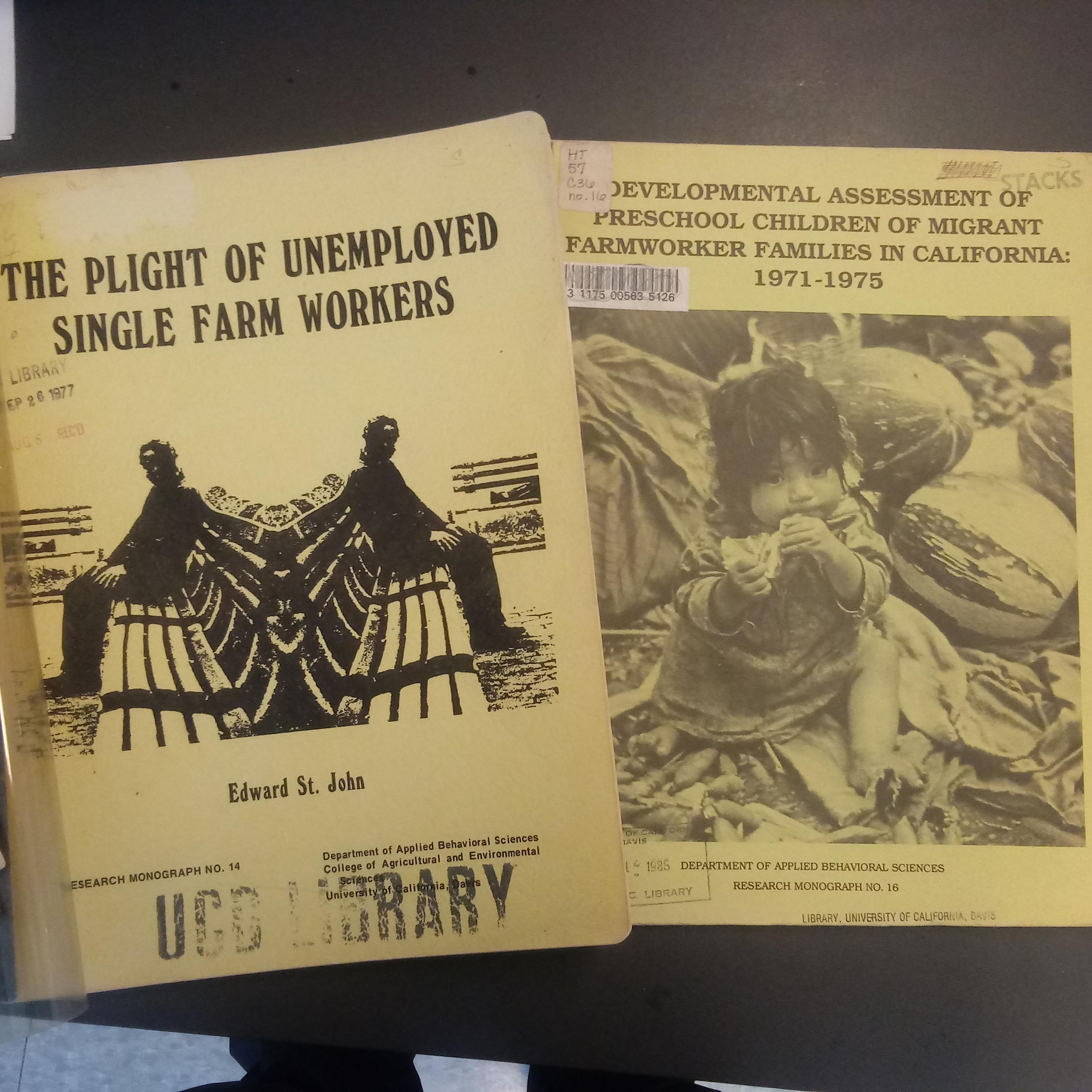
The revolution in perspective that was occurring in the fields like community studies was happening within in the context of global and local decolonialization movements. The innocent facade of the liberal university gave way as its role in maintaining social and racial inequities, and international imperialist projects became clear to both students and faculty alike. As the contradictions became manifest, new social movements organized to give voice to the people the University had neglected, forgotten, or exploited.
Ethnic Studies as Community Development
On colleges across the country, and even at high schools, students organized to demand changes at their schools. Among the most important demands was the demand for an increase in the number of students from underrepresented groups on campus, specifically, African Americans, Asian Americans, Mexican Americans, and Native Americans. Student groups, which were often supported by key faculty, also demanded changes to a curriculum that focused on European traditions, promoted European American supremacy, and excluded alternative perspectives.
In the spring of 1969 at UC Davis, the Black Student Union, and a student group called Asian American Concern developed plans to reshape the university curriculum to make it more relevant to the people of California. Innovative plans were also developed and submitted by the UC Davis Chicana/o movement and the Native America movement.
The struggle for Ethnic Studies at Davis, as on other campuses, like San Francisco State, and UC Berkeley grew out of the Anti-War movement, the Civil Rights movement, the Women’s movement, and calls for the liberation in the Third World. At UC Davis, however, the call for Ethnic Studies was also inextricably linked to community studies and anti-poverty campaigns, so much so, that our early ethnic studies programs had strong ties to the School of Agriculture, and what today has become the Human Ecology department.
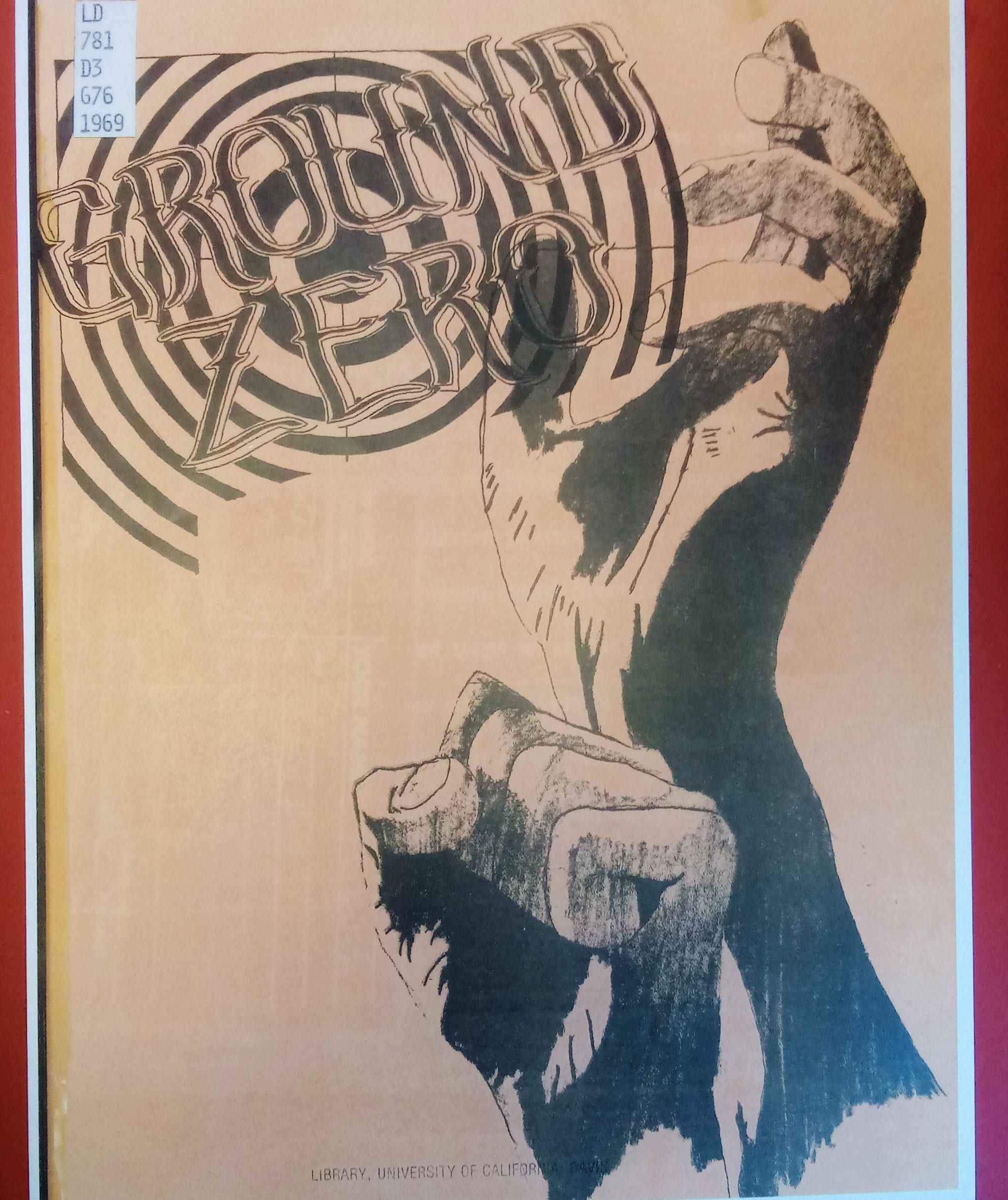
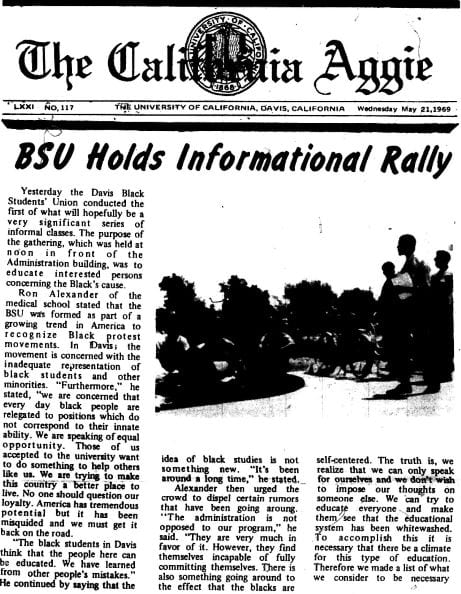
“BSU Hold’s Informational Rally” California Aggie
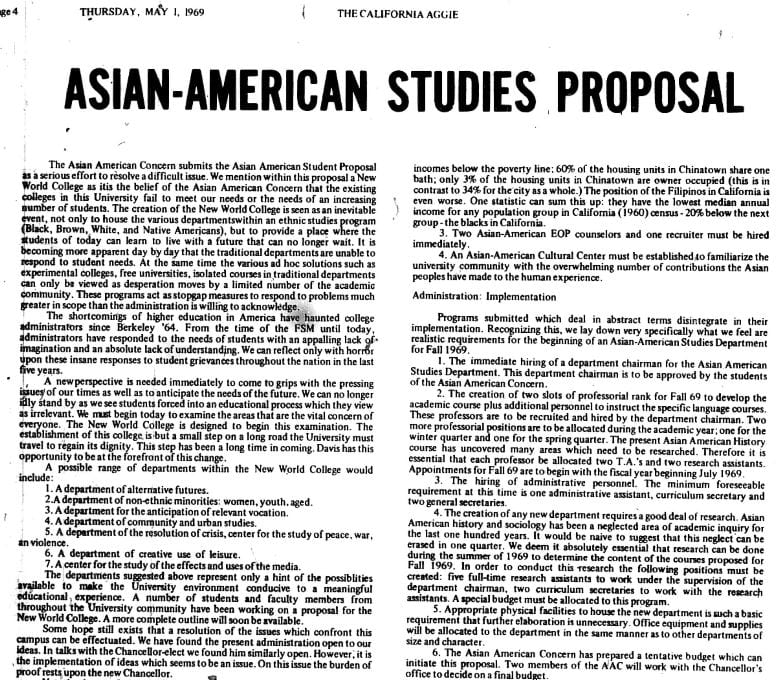
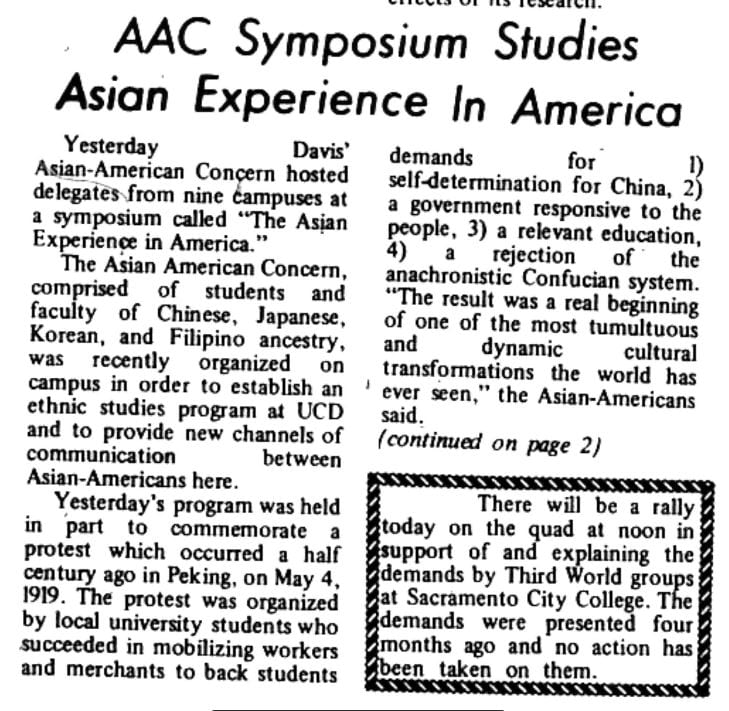
“AAC Symposium Studies Asian Experience in America” California Aggie. May 6. 1969.
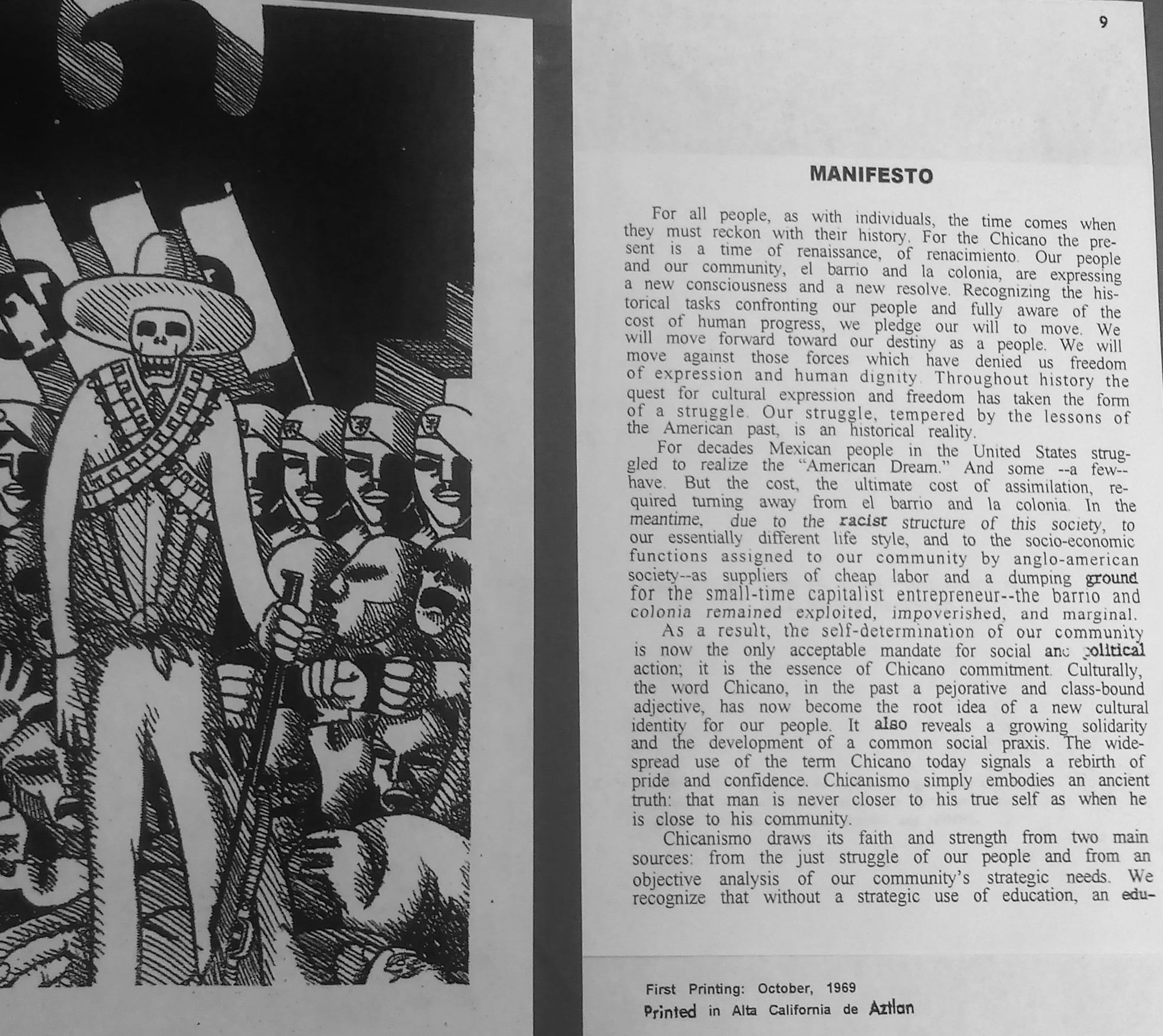
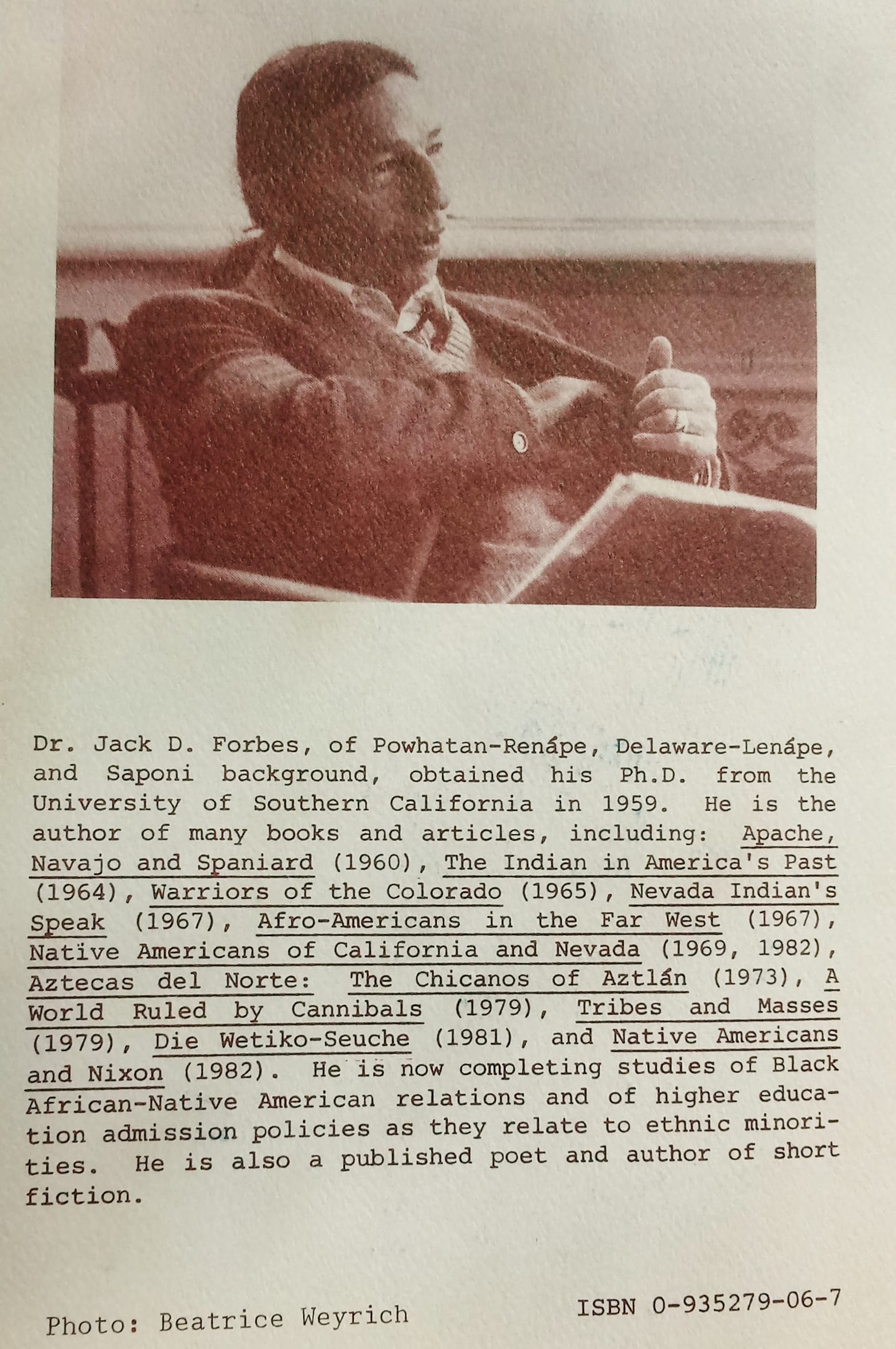
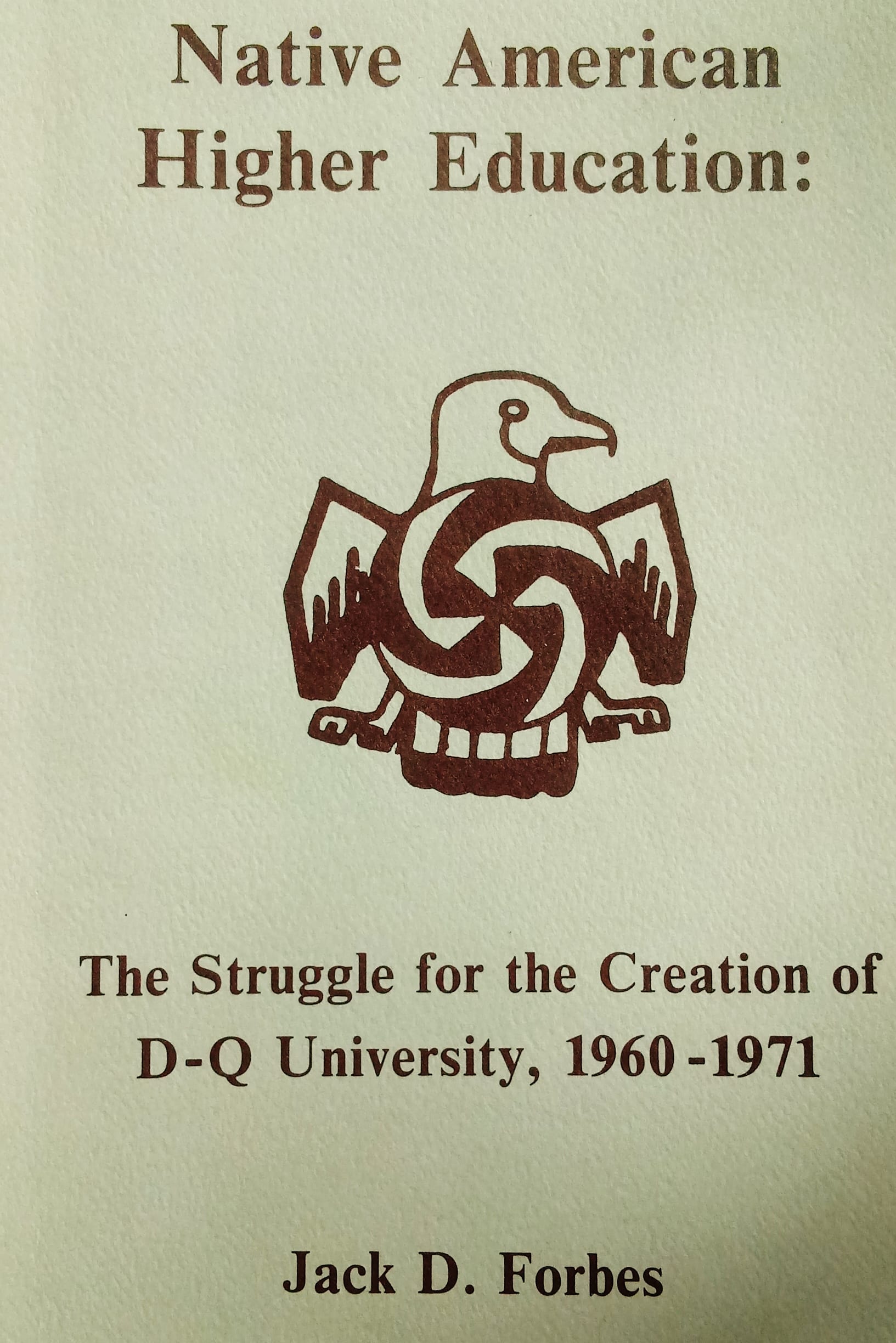
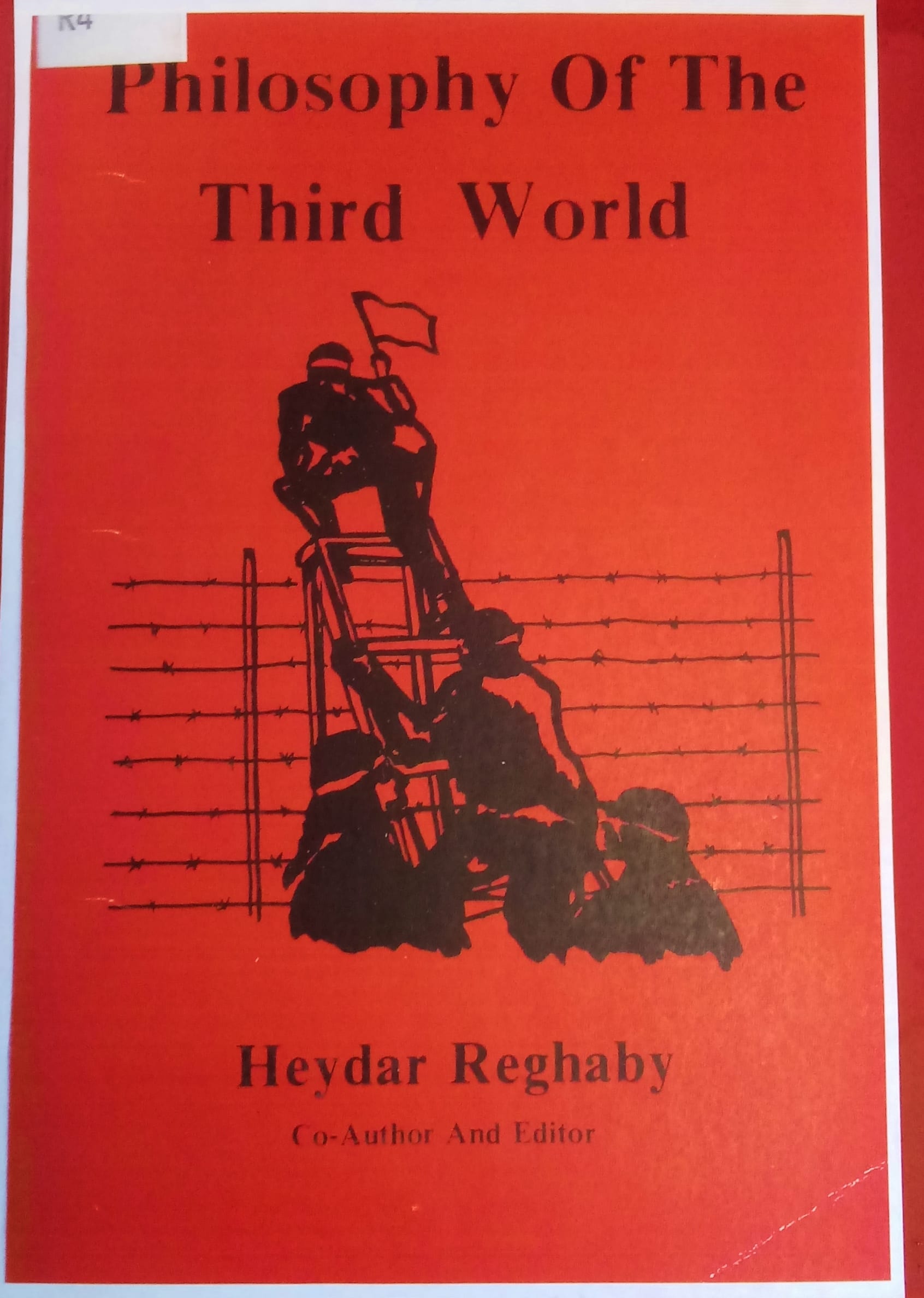
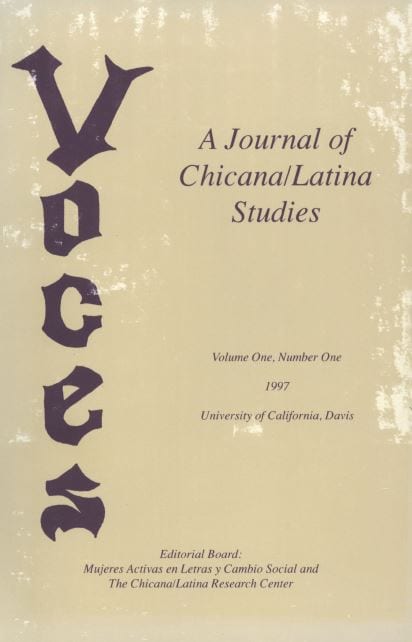
Voces: a journal of Chicana/Latina Studies
Our Continuing Challenge
The ethnic studies movement continues, with several UC programs, including UC Davis departments, producing cutting-edge research, (such as those found in these key books and journals). Today, the study of ethnicity and racial formations is co-extensive with studies in gender, sexuality, class, and community studies. Our departments lead by producing both new research and new research questions, questions that are crucial as we seek to hone the core mission of the University: to benefit society through the discovery, advancement, and extension of knowledge.
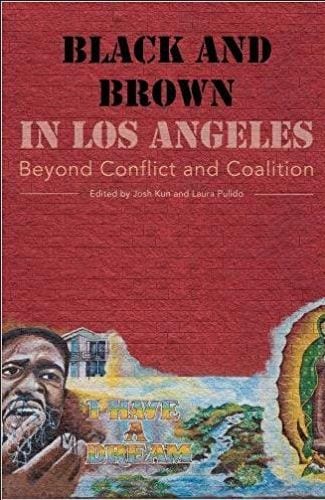
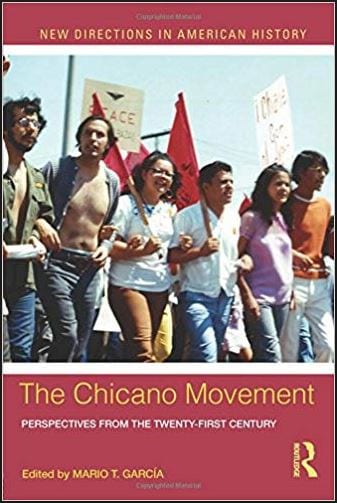

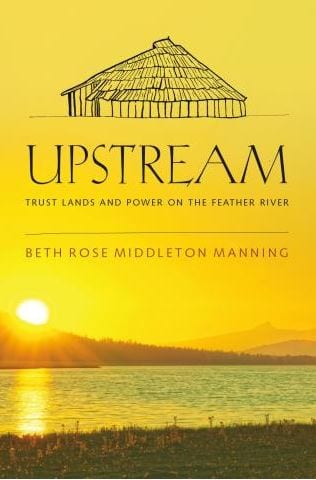
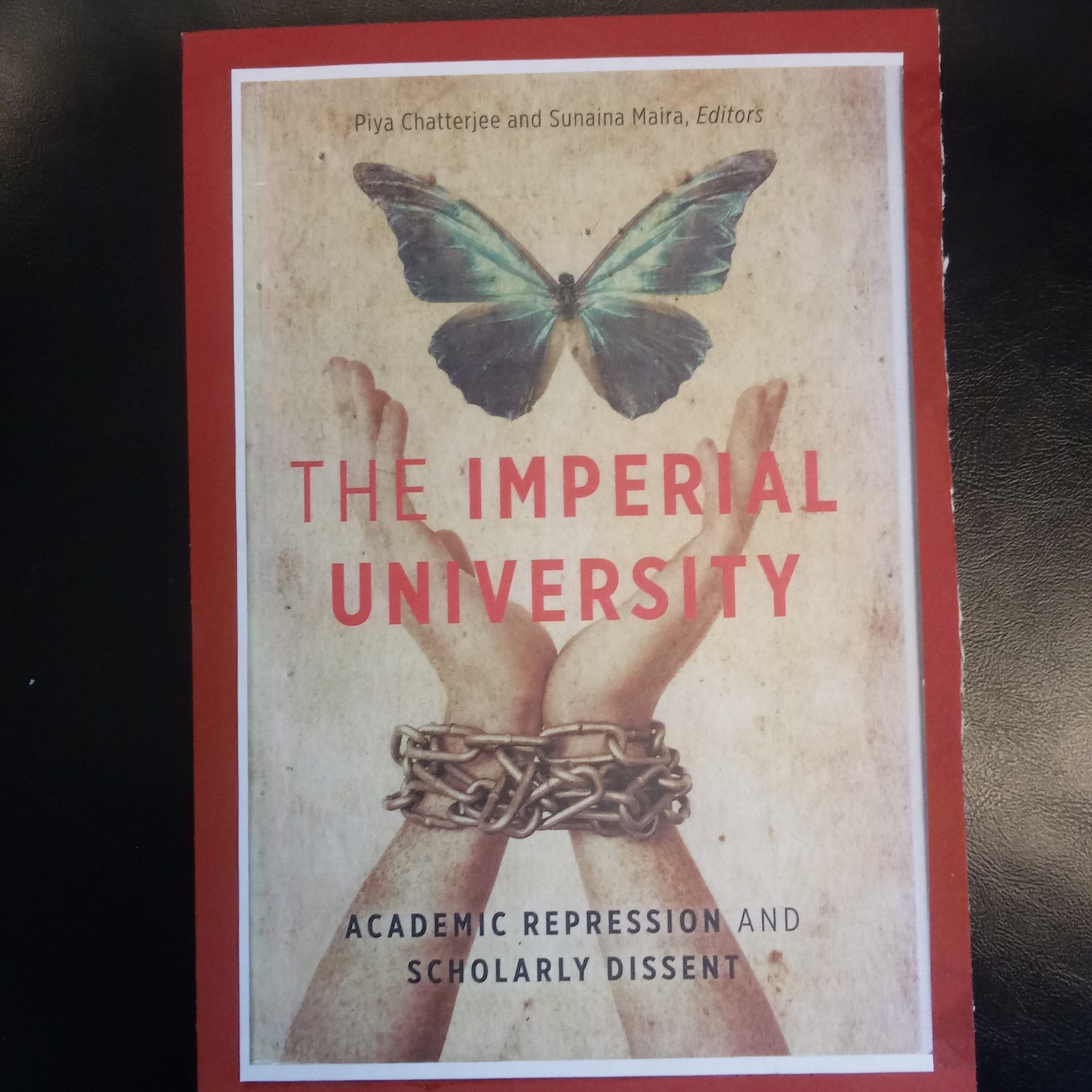
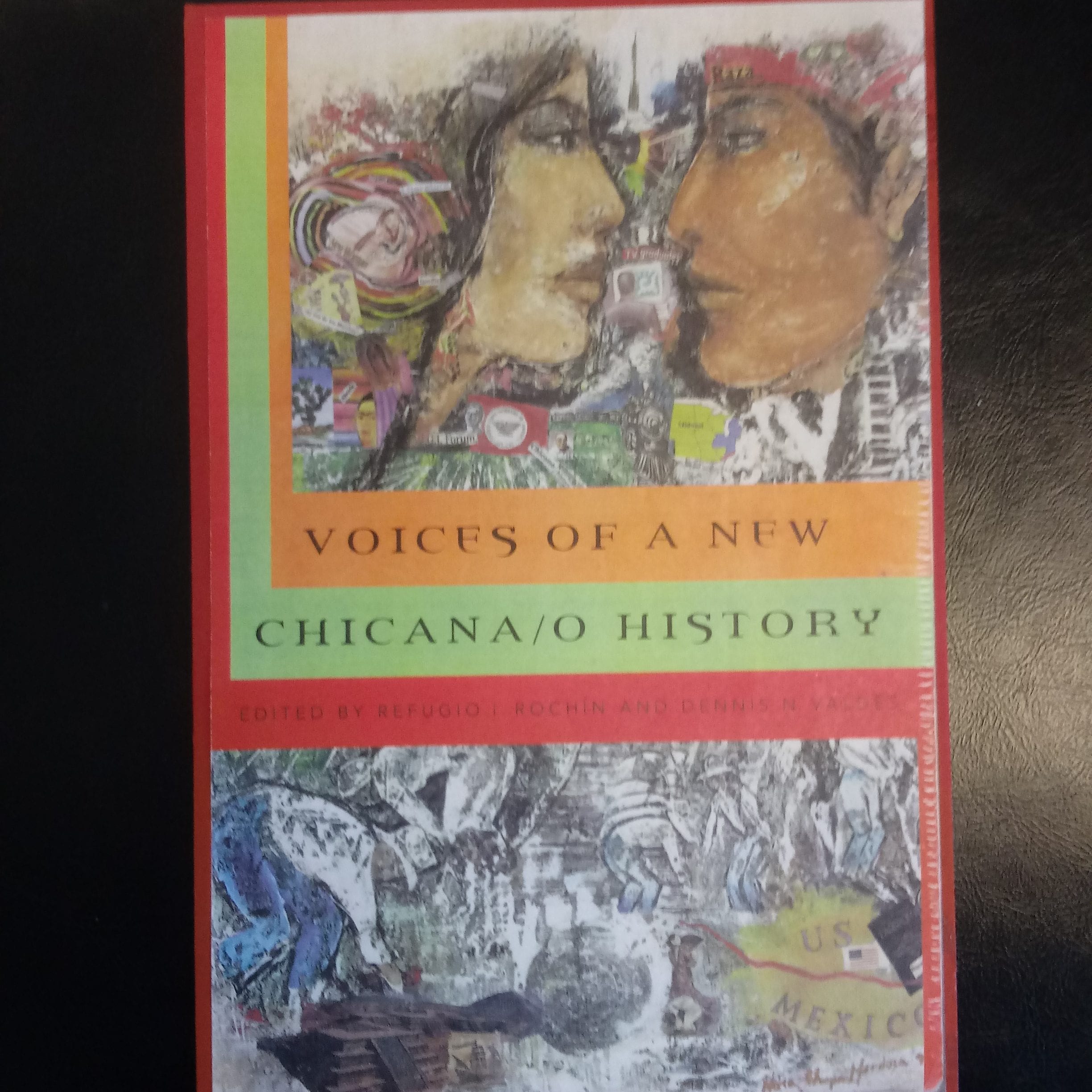
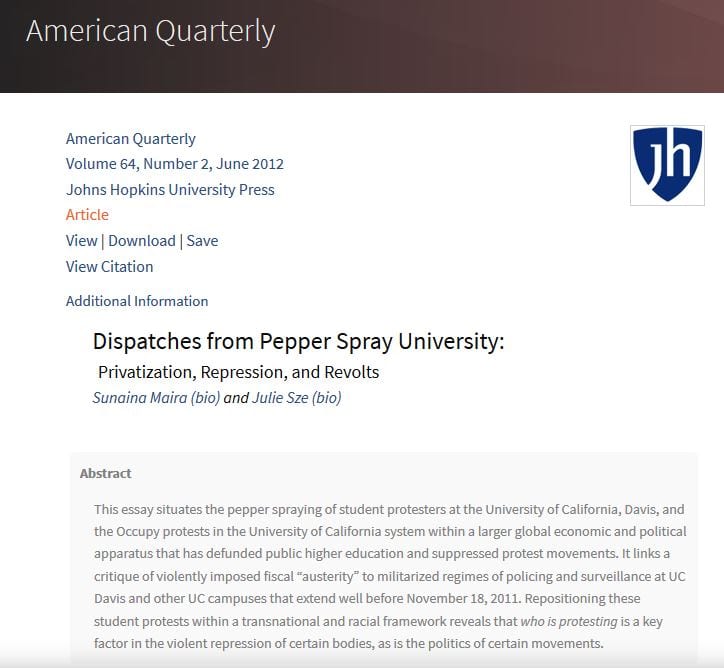
Sunaina Maira and Julie Sze. “Dispatches from Pepper Spray University: Privatization, Repression, and Revolts.” American Quarterly 64, no. 2 (2012): 315-330. https://muse.jhu.edu/ (accessed February 26, 2019).
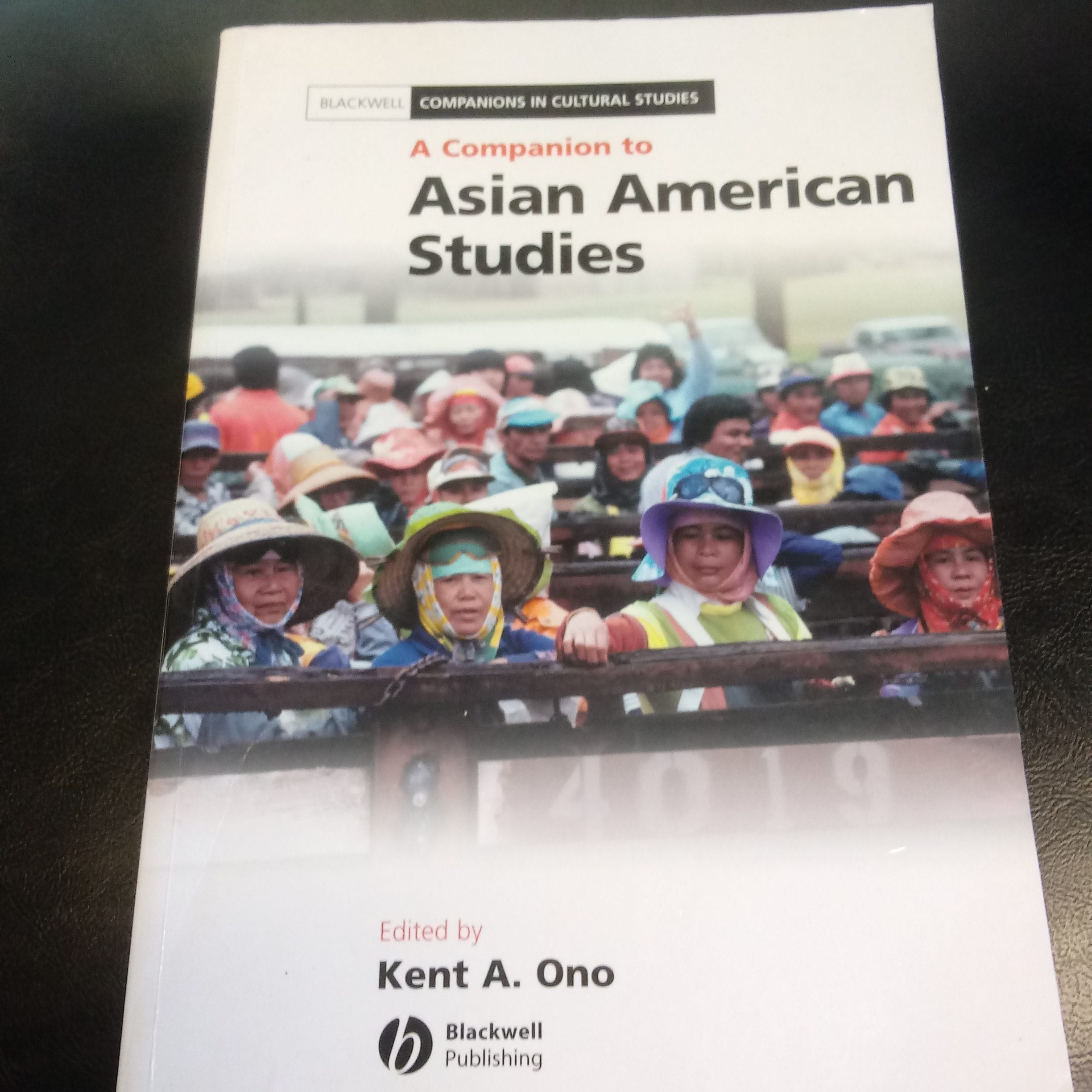
Bibliography
Here is a working bibliography on ethnic studies, and its history in the university .
Acuña, Rodolfo. 2011. The Making of Chicana/o Studies: In the Trenches of Academe. New Brunswick, N.J.: Rutgers University Press.
Acuña, Rodolfo. 2011. The Making of Chicana/o Studies: In the Trenches of Academe. Latinidad : Transnational Cultures in the United States; Variation: Latinidad. New Brunswick, N.J.: Rutgers University Press.
Altbach, Philip G. 1991. The Racial Crisis in American Higher Education / Lomotey, Kofi. SUNY Series, Frontiers in Education; Variation: SUNY Series, Frontiers in Education. Albany: State University of New York Press.
Anderson, George Lester. 1976. Land-Grant Universities and Their Continuing Challenge. [East Lansing]: Michigan State University Press.
Bailey, Ronald. 2005. Liberation Biology: The Scientific and Moral Case for the Biotech Revolution. Amherst, N.Y.: Prometheus Books.
“Balancing the Values of Ethnic Studies and Academe: Exploring Efforts to Advance the Organizational Stability of American Indian and Asian American Studies – ProQuest.” n.d. Accessed August 11, 2017. https://search.proquest.com/socabs/docview/304854867/fulltextPDF/6C16F5B92B2E4B94PQ/1?accountid=14505.
Bancroft, Dick. 2013. We Are Still Here: A Photographic History of the American Indian Movement / Wittstock, Laura Waterman. St. Paul, MN: Minnesota Historical Society Press.
Banks, Dennis. 2004. Ojibwa Warrior: Dennis Banks and the Rise of the American Indian Movement / Erdoes, Richard,; 1912-2008.
Benello, C. George, and compiler. 1971. The Case for Participatory Democracy; Some Prospects for a Radical Society. Roussopoulos, Dimitrios I., ; Compiler. New York, Grossman Publishers.
Berardi, Gigi M. 1984a. The Social Consequences and Challenges of New Agricultural Technologies / Geisler, Charles C. The Rural Studies Series of the Rural Sociological Society; Variation: Rural Studies Series of the Rural Sociological Society. Boulder: Westview Press.
———. 1984b. The Social Consequences and Challenges of New Agricultural Technologies / Geisler, Charles C. The Rural Studies Series of the Rural Sociological Society; Variation: Rural Studies Series of the Rural Sociological Society. Boulder: Westview Press.
Berman, Paul. 1996. A Tale of Two Utopias: The Political Journey of the Generation of 1968. New York: W.W. Norton & Co.
Birdi, Briony, Kerry Wilson, and Hin Man Tso. 2009. “The Nature and Role of Empathy in Public Librarianship.” Journal of Librarianship & Information Science 41 (2): 81–89.
Bloom, Alexander. 1995. “Takin’’ It to the Streets”: A Sixties Reader / Breines, Wini.” New York: Oxford University Press.
Bloom, Joshua. 2013. Black against Empire: The History and Politics of the Black Panther Party / Martin, Waldo E.,; 1951-. Berkeley: University of California Press.
Buckley, Robert, Refugio I. Rochin, and Carole Frank Nuckton. 1981a. Chicanos in Rural Labor Markets. Berkeley: Cooperative Extension, University of California.
———. 1981b. Chicanos in Rural Labor Markets. Berkeley: Cooperative Extension, University of California.
Butler, Johnnella E. 2001. Color-Line to Borderlands: The Matrix of American Ethnic Studies. American Ethnic and Cultural Studies; Variation: American Ethnic and Cultural Studies. Seattle: University of Washington Press.
California Ethnic Services Task Force. 1979. Newsletter. Santa Barbara. Calif.: The Task Force.
Campbell, John R. 1995. Reclaiming a Lost Heritage: Land-Grant and Other Higher Education Initiatives for the Twenty-First Century. Ames: Iowa State University Press.
Carstensen, Vernon Rosco. 1963. The Public Lands; Studies in the History of the Public Domain. Madison, University of Wisconsin Press.
Castro, Rafaela. 1991. Assessment of the Ethnic Collections in Shields Library. Davis, Calif.
Chabram-Dernersesian, Angie. 2006. The Chicana/o Cultural Studies Reader. New York: Taylor & Francis.
———. 2007. The Chicana/o Cultural Studies Forum: Critical and Ethnographic Practices. New York: New York University Press.
Chabram-Dernersesian, Angie, and Adela de la Torre. 2008. Speaking from the Body: Latinas on Health and Culture. Tucson: The University of Arizona Press.
Chaliand, Gérard. 1977. Revolution in the Third World: Myths and Prospects. New York: Viking Press.
Champagne, Duane, and editor. 2002. Native American Studies in Higher Education: Models for Collaboration between Universities and Indigenous Nations / Stauss, Joseph H., ; Editor. Contemporary Native American Communities ;; 7; Variation: Contemporary Native American Communities ;; v. 7. Walnut Creek, CA: AltaMira Press.
Chan, Sucheng. 2005. In Defense of Asian American Studies: The Politics of Teaching and Program Building. Urbana: University of Illinois Press.
Chase, Clairen Suzanne. 1983. Babysitting Cooperatives: An Evaluation of Neighborhood Based Cooperative. Davis, Calif.: Thesis MS–Uof Calif, Davis.
Chatterjee, Pranab. 1975. Local Leadership in Black Communities: Organizational and Electoral Developments in Cleveland in the Nineteen Sixties. Cleveland: School of Applied Social Sciences, Case Western Reserve University.
Churchill, Ward. 2002. Agents of Repression: The FBI’s Secret Wars against the Black Panther Party and the American Indian Movement / Vander Wall, Jim. South End Press Classics Series ;; v. 7; Variation: South End Press Classics ;; v. 7. Cambridge, MA: South End Press.
Clarke, Anthony. 1977. “Ethnic Studies: Reflection and Re-Examination.” The Journal of Negro Education 46 (2): 124–32.
Cohen, Cathy. 2012. “Death and Rebirth of a Movement: Queering Critical Ethnic Studies.” Social Justice 37 (4): 126–32.
College for Struggle. 1971. College for Struggle Informational Materials and Documents, 1971-1973.
Cross, Coy F. 1999. Justin Smith Morrill: Father of the Land-Grant Colleges. East Lansing: Michigan State University Press.
Césaire, Aimé Kelley, and Poetics of anticolonialism. 2000. Discourse on Colonialism. New York: Monthly Review Press.
De Groot, Gerard J. 1998. Student Protest: The Sixties and After. London ; New York: Longman.
De la Garza, Rodolfo O., and compiler. Arciniega, Tomás A.,. 1973. Chicanos and Native Americans: The Territorial Minorities / Kruszewski, Z. Anthony, ; Compiler. Spectrum Book; Variation: Spectrum Book.
Diouf, Sylviane A., and Schomburg Center for Research in Black Culture. 2016. Black Power 50 / Woodward, Komozi. New York ; London: The New Press.
Domingo, Lily Bloom. 1987. Alienation, Meaning, and Identity in the Work and Nonwork Lives of Ten Women Community Developers. Davis, Calif.: Thesis MS–Uof Calif, Davis.
Ehrenberg, Ronald G., and editor. 1997. The American University: National Treasure or Endangered Species? Ithaca, N.Y.: Cornell University Press.
Elia, Nada, and the Critical Ethnic Studies Editorial Collective. 2016. Critical Ethnic Studies: A Reader. Durham: Duke University Press.
Fanon, Frantz. 2004. The Wretched of the Earth. NewYork: Grove Press.
Feenberg, Andrew. 2001. When Poetry Ruled the Streets: The French May Events of 1968 / Freedman, Jim,; 1944-. Albany, N.Y.: State University of New York Press.
Ferrier, William Warren. 1930. Origin and Development of the University of California,. Berkeley, Calif., The Sather gate Book shop.
Fiske, Emmett P. 1972. “Emmett P. Fiske Papers.” Davis, Calif.
———. 1979. The College and Its Constituency: Rural and Community Development at the University of California 1875-1978. Davis, Calif.: Thesis PhD–Uof Calif, Davis.
Fogel, Daniel Mark. 2012. Precipice or Crossroads?: Where America’s Great Public Universities Stand and Where They Are Going Midway through Their Second Century / Malson-Huddle, Elizabeth. Albany: State University of New York Press, Albany.
Fong, Yem S. 2001. “Race, Class, Gender and Librarianship: Teaching in Ethnic Studies.” Journal of Library Administration 33 (3–4): 229–40. https://doi.org/10.1300/J111v33n03_05.
Forbes, Jack D. 1976. A Model of “Grass-Roots” Community Development: The D-Q University Native American Language Education Project. Davis: Native American Studies, Tecumseh Center, University of California.
Franklin, Sekou M. 2014. After the Rebellion: Black Youth, Social Movement Activism, and the Post-Civil Rights Generation. New York: New York University Press.
Frazier, Ian. 2000. On the Rez. New York: Farrar, Straus and Giroux.
Freedman, Estelle B. 2007. The Essential Feminist Reader. Modern Library Classics; Variation: Modern Library Classics. New York: Modern Library.
Friedland, William H. 1975. Destalking the Wily Tomato: A Case Study in Social Consequences in California Agricultural Research / Barton, Amy E. Research Monograph – Department of Applied Behavioral Sciences, University of California, Davis ;; No. 15; Variation: University of California, Davis.; Department of Applied Behavioral Sciences.; Research Monograph – Dept. of Applied Behavioral Sciences, University of California, Davis ;; No. 15. Davis: Dept. of Applied Behavioral Sciences, University of California.
Galarza, Ernesto. 1974. Action Research: In Defense of the Barrio : Interviews with Ernesto Galarza, Guillermo Flores and Rosalio Muñoz. Aztlán Publications Pamphlet. Los Angeles: Aztlán Publications.
———. 1977. Farm Workers and Agri-Business in California, 1947-1960. Notre Dame: University of Notre Dame Press.
García, Alma M. 1997. Chicana Feminist Thought: The Basic Historical Writings. New York: Routledge.
Hickey, Samuel. 2004. Participation, from Tyranny to Transformation?: Exploring New Approaches to Participation in Development / Mohan, Giles,; 1966-. London ; New York : ZED Books ; New York : Distributed exclusively in the U.S. by Palgrave Macmillan.
Hightower, Jim, Agribusiness Accountability Project, and Task Force on the Land Grant College Complex. 1973. Hard Tomatoes, Hard Times; a Report of the Agribusiness Accountability Project on the Failure of America’s Land Grant College Complex. Cambridge, Mass., Schenkman Pub. Co.
hooks, bell. 1990. Yearning: Race, Gender, and Cultural Politics. Boston, MA: South End Press.
Johnson, Troy R. Champagne. 1997. American Indian Activism: Alcatraz to the Longest Walk / Nagel, Joane. Urbana: University of Illinois Press.
Joseph, Peniel E. 2006. The Black Power Movement: Rethinking the Civil Rights-Black Power Era. New York: Routledge.
Kelley, Robin D. G. 2002. Freedom Dreams: The Black Radical Imagination. Boston: Beacon Press.
Kendi, Ibram X. 2012. The Black Campus Movement: Black Students and the Racial Reconstitution of Higher Education, 1965-1972. Contemporary Black History; Variation: Contemporary Black History. New York: Palgrave Macmillan.
Leung, Peter C. Y. 1989. Asian Pacific American Faculty and Staff at UC Davis. Davis: Asian American Studies Program, College of Letters & Science, University of California..
Lockeretz, William. 1997. Visions of American Agriculture. Ames: Iowa State University.
Lyman, Stanley David. 1991. Wounded Knee 1973: A Personal Account / O’Neil, Floyd A. Lincoln: University of Nebraska Press.
Maira, Sunaina, and Julie Sze. 2012. “Dispatches from Pepper Spray University: Privatization, Repression, and Revolts.” American Quarterly 64 (2): 315–30. https://doi.org/10.1353/aq.2012.0014.
Manela, Erez. 2007. The Wilsonian Moment: Self-Determination and the International Origins of Anticolonial Nationalism. Oxford ; New York: Oxford University Press.
Marquez, Lorena Valdivia. 2010. “Sacramento En El Movimiento: Chicano Politics in the Civil Rights Era.” Ph.D., United States — California: University of California, San Diego. https://search.proquest.com/dissertations/docview/845244547/abstract/9922197E563A4BC0PQ/40.
Masumoto, David Mas. 1982. Voices from the Land, Spirits in Harvest. Ethnographic Glimpses of a Japanese American Family Farm Community. Davis, Calif.: Thesis MS–Uof Calif, Davis.
Matsumoto, Valerie J. 1993. Farming the Home Place: A Japanese American Community in California, 1919-1982. Cornell University Press.
Matthew, Patricia A., and editor. 2016. Written/Unwritten: Diversity and the Hidden Truths of Tenure. Chapel Hill: University of North Carolina Press.
Matthiessen, Peter. 1983. In the Spirit of Crazy Horse. New York: Viking Press.
McDowell, George R. 2001. Land-Grant Universities and Extension into the 21st Century: Renegotiating or Abandoning a Social Contract. Ames: Iowa State University Press.
Means, Russell. 1995. Where White Men Fear to Tread: The Autobiography of Russell Means / Wolf, Marvin J. New York: St. Martin’s Press.
Mehnert, Klaus. 1977a. Twilight of the Young: The Radical Movements of the 1960’s and Their Legacy: A Personal Report. Hoover Institution Publications ;; No. 182; Variation: Hoover Institution Publication ;; 182. New York: Holt, Rinehart and Winston.
———. 1977b. Twilight of the Young: The Radical Movements of the 1960’s and Their Legacy: A Personal Report. Hoover Institution Publications ;; No. 182; Variation: Hoover Institution Publication ;; 182. New York: Holt, Rinehart and Winston.
Miller, Norman. 1971. National Liberation: Revolution in the Third World / Aya, Roderick. New York: Free Press.
Mohanty, Chandra Talpade. 1991. Third World Women and the Politics of Feminism / Russo, Ann,; 1957-. A Midland Book MB 632; Bloomington: Indiana University Press.
Muñoz, Carlos. 1989. Youth, Identity, Power: The Chicano Movement. The Haymarket Series; Variation: Haymarket Series. London ; New York: Verso.
National Research Council (U. S.), and Committee on the Future of the Colleges of Agriculture in the Land Grant University System. 1996. Colleges of Agriculture at the Land Grant Universities: Public Service and Public Policy. Washington, D.C.: National Academy Press.
Newsom, David D. 2001. The Imperial Mantle: The United States, Decolonization, and the Third World. Bloomington: Indiana University Press.
Nicholson, Linda J. 1997. The Second Wave: A Reader in Feminist Theory. New York: Routledge.
Orum, Anthony M. 1972. Black Students in Protest: A Study of the Origins of the Black Student Movement. The Arnold and Caroline Rose Monograph Series in Sociology; Variation: Arnold and Caroline Rose Monograph Series in Sociology. Washington, D.C.: American Sociological Association.
“Our Documents – Morrill Act (1862).” n.d. Accessed August 2, 2017. https://www.ourdocuments.gov/doc.php?flash=true&doc=33.
“Quirky Berkeley: Berkeley Revolution Site Offers Insights into Third World Liberation Front — Berkeleyside.” n.d. Accessed August 14, 2017. http://www.berkeleyside.com/2017/08/03/quirky-berkeley-berkeley-revolution-website-reveals-new-details-third-world-liberation-front/.
“Refugio Rochin | UC Davis Department of Chicana/o Studies.” n.d. Accessed August 2, 2017. https://chi.ucdavis.edu/faculty/refugio-rochin.
Rhoten, Diana. 2011. Knowledge Matters: The Public Mission of the Research University / Calhoun, Craig J.,; 1952-. A Columbia/SSRC Book; New York: Columbia University Press.
Rochin, Refugio I. 1989. Economic Deprivation of Hispanics. San Antonio, Texas: Tomás Rivera Center.
———. 1994. Michigan’s Farmworkers: A Status Report on Employment & Housing. Statistical Brief (Julian Samora Research Institute) ; No. 2. East Lansing, Mich.: Julian Samora Research Institute, Michigan State University.
Ross, Kristin. 2002. May ’68 and Its Afterlives. Chicago: University of Chicago Press.
Ross, Lawrence C. 2016. Blackballed: The Black and White Politics of Race on America’s Campuses. New York: St. Martin’s Press.
Ross, R. Danforth. 1976. “The Institutionalization of Academic Innovations: Two Models.” Sociology of Education 49 (2): 146–55. https://doi.org/10.2307/2112519.
Rudy, Alan P. 2007. Universities in the Age of Corporate Science: The UC Berkeley-Novartis Controversy. Philadelphia: Temple University Press.
San Francisco State Strike Support Committee. 1969. On Strike, Shut It Down. San Francisco]: The Committee.
Schutz, Barry M., and (Barry Mayer). 1990. Revolution & Political Change in the Third World / Slater, Robert O.; 1950- ; (Robert Owen),. Boulder, Colo. : L. Rienner Publishers ; London : Adamantine Press.
Shima, Norine Yeiko. 1988. Capitalist Values and Assimulation Formulas: Equivalents to Cultural Genocide. Davis, Calif.: Thesis MS–Uof Calif, Davis.
“Shut It down! : A College in Crisis : San Francisco State College, October 1968-April 1969 : A Report to the National Commission on the Causes and Prevention of Violence : Orrick, William H. (William Horsley), 1915- : Free Download & Streaming.” n.d. Internet Archive. Accessed July 27, 2017. https://archive.org/details/shutitdowncolleg00orririch.
Smith, Paul Chaat. 1996. Like a Hurricane: The Indian Movement from Alcatraz to Wounded Knee / Warrior, Robert Allen.
Souder, Jon A. 1996. State Trust Lands: History, Management, and Sustainable Use / Fairfax, Sally K. Development of Western Resources; Variation: Development of Western Resources. Lawrence, Kan.: University Press of Kansas.
Sternberg, Robert J., and editor. 2014. The Modern Land-Grant University. West Lafayette, Indiana: Purdue University Press.
Taylor, Ula. 2010. “Origins of African American Studies at UC-Berkeley.” Western Journal of Black Studies 34 (2): 256-265,305.
“The Real History Of The San Francisco State University Student Strikes From 1968-1969, Part 1 – Social Matter.” n.d. Accessed July 27, 2017. http://www.socialmatter.net/2017/03/30/the-real-history-of-the-san-francisco-state-university-student-strikes-from-1968-1969-part-1/.
“The Third World Liberation Front.” n.d. The Berkeley Revolution. Accessed August 14, 2017. http://revolution.berkeley.edu/projects/twlf/.
Thomas, Nancy L. 2010. Educating for Deliberative Democracy. New Directions for Higher Education ;; No. 152; Variation: New Directions for Higher Education ;; No. 152. San Francisco: Jossey-Bass.
Thompson, O. E., California Agricultural Policy Seminar, and University of California, Davis. 1978. From Lug Boxes to Electronics: A Study of California Tomato Growers and Sorting Crews / Scheuring, Ann Foley. Monograph No. 3 of the California Agricultural Policy Seminar; Davis: Dept. of Applied Behavioral Sciences, University of California, Davis.
Thompson, Ruby Kathleen. 1987. Intergenerational Programs and the Community. Davis, Calif.: Thesis MS–Uof Calif, Davis.
Torre, Adela de la. 1982. Campesinos and the State: Control of the California Harvest Labor Market 1950-1970. Thesis PhD–University of California, Berkeley.
———. 2015. Mexican Americans and Health: ¡sana! ¡sana! Second edition.. Mexican American Experience. Tucson: The University of Arizona Press.
Touraine, Alain. 1971. The May Movement; New York, Random House.
University of California, Davis Chicano Studies Program. 1991. Chicano Studies 1970/71-1990/91: Twenty Years of Growth and Change. Davis, Calif.: Chicano Studies Program.
University of California, Davis Community Services Office. n.d. Resource. Davis, Calif.: Community Services Office.
Vento, Arnoldo C. 1998. Mestizo: The History, Culture, and Politics of the Mexican and the Chicano: The Emerging Mestizo-Americans. Lanham, Md.: University Press of America.
Vigil, Ernesto B. 1999. The Crusade for Justice: Chicano Militancy and the Government’s War on Dissent. Madison: University of Wisconsin Press.
Wei, William. 1993. The Asian American Movement. Asian American History and Culture; Variation: Asian American History and Culture. Philadelphia: Temple University Press.
Wilder, Craig Steven. 2013. Ebony & Ivy: Race, Slavery, and the Troubled History of America’s Universities. New York: Bloomsbury Press.
Williams, Patrick. 1994. Colonial Discourse and Post-Colonial Theory: A Reader / Chrisman, Laura. New York: Columbia University Press.
Wolters, Raymond. 1975. The New Negro on Campus: Black College Rebellions of the 1920s. Princeton, N.J.: Princeton University Press.